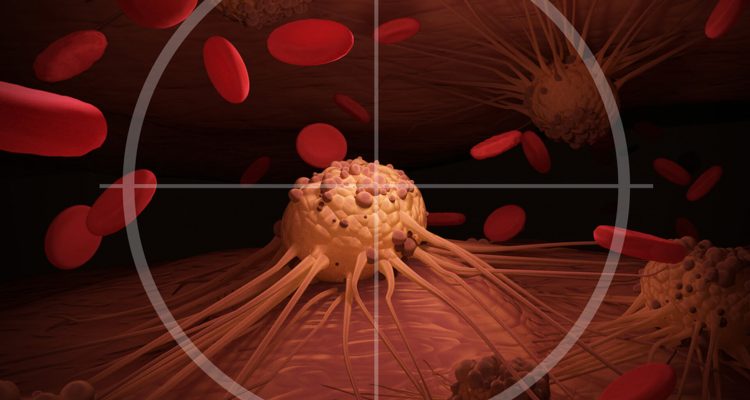
Named everyday habits that lead people to cancer
0
In studying the possible causes of cancer, scientists believe that people's everyday habits can contribute to its appearance, and some may seem unexpected to you.
Hot drinks and food.Many people like lunch or dinner to be hot and, getting used to it, lose sensitivity to the high temperature of food and drinks – it seems quite normal to them. Meanwhile, according to the International Journal of Cancer, the habit of eating hot soups, as well as drinking coffee or tea with a temperature above 65 degrees, is associated with an increased risk of esophageal or throat cancer.
Alcohol consumption.Alcohol may not be an unexpected carcinogen, but the amount that is considered risky may surprise you. To reduce the risk of developing cancer and cardiovascular diseases, experts recommend drinking no more than one serving per day for women and no more than two servings per day for men. Anything more than this amount leads to cancer of the breast, oral cavity, throat, intestines and, most often, the liver.
A lot of time in a sitting position.The American Heart Association (AHA) recommends that adults get at least 75 minutes of vigorous physical activity (such as running or swimming) or 120 minutes of moderate physical activity (such as walking) each week. If you work while sitting at a desk, you need to find opportunities to stand and walk more. Available evidence suggests that people who sit and watch TV for more than two hours every day significantly increase their risk of developing colorectal cancer (bowel cancer).
Sleep with the TV on.According to a study published in the journal Environmental Health Perspectives, men with this habit are at greater risk of prostate cancer. Presumably, exposure to artificial light during sleep interferes with the production of melatonin and the natural sleep cycle, which can negatively affect the level of antioxidants in the body that fight against abnormal cells.
Using toothpaste with triclosan. > Triclosan is used as a bad breath suppressant and is also found in some antibacterial agents. In the US, toothpaste and other hygiene products with this chemical compound are on the list of recommended bans due to their connection with cancer, as well as with endocrine diseases.
Insomnia. National Foundation of sleep states: adults need to sleep from seven to nine hours a day. It is with this duration of sleep that the human body most effectively restores itself, because at night it includes processes that repair cellular damage, remove toxins from the brain and ensure an active metabolism. The habit of not sleeping leads to their violation, and therefore scientists associate it with an increased risk of heart disease and cancer.

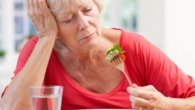

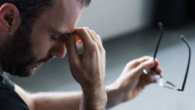
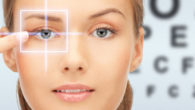


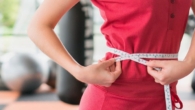
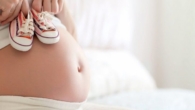
Leave a Reply